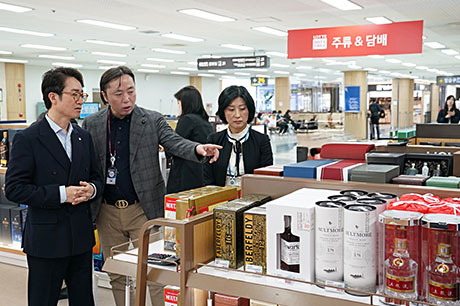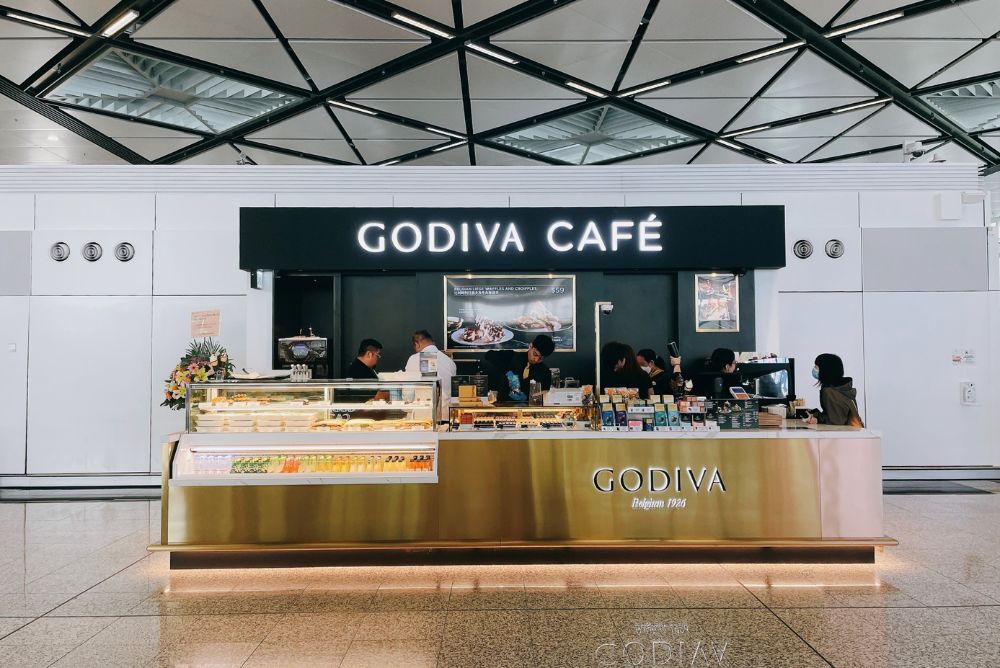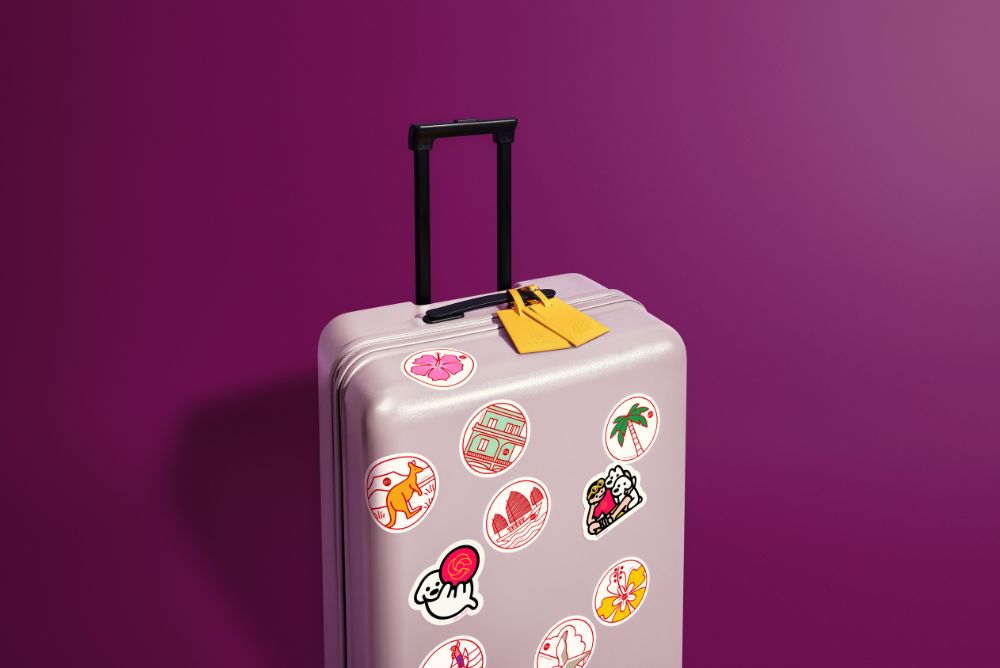‘Over to you’: Dr Patrick Bohl, Chairman, CEETRA on preparing for the re-start
By Trb Editor |
 On taking over as Central and Eastern European Travel Retail Association Chairman in January 2019, Dr Patrick Bohl vowed to strengthen the association’s membership base, increase the frequency of its forums and broaden engagement with industry stakeholders.
On taking over as Central and Eastern European Travel Retail Association Chairman in January 2019, Dr Patrick Bohl vowed to strengthen the association’s membership base, increase the frequency of its forums and broaden engagement with industry stakeholders.
Little did he know the association would ultimately have to help the same stakeholders recover from arguably the biggest crisis the duty free and travel retail industry has ever seen.
Travel Retail in Central and Eastern Europe is suffering massively from the impact of the coronavirus (Covid-19).
It is difficult to see how and when the industry as a whole will bounce back and stakeholders are struggling to meet their obligations and look positively to the future.
Reports of the first travel retailers pulling out of key locations or closing businesses are spreading, while many countries are late in realising how many jobs depend on incoming tourism and corporate travel.
DF&TR has always been depicted as a particularly resilient sector, weathering countless crises over the years. But the Covid-19 pandemic is of unprecedented scale and depth.
As such, it requires unprecedented, industry-wide action to ensure everyone can bounce back. Needless to say, it must be a concerted approach.
GOVERNMENT SUPPORT
Some governments have heeded this desperate call for help across Europe. The German, government, for example, is supporting the aviation industry, while the Spanish government has told airport operator AENA it does not have to bear financial obligations for suspended contracts.

“The Central and Eastern European Travel Retail Association is working with industry stakeholders to ensure operations are ready for the restart.” Patrick Bohl, Chairman, CEETRA.
Other governments, however, are yet to offer their support, including in the UK. There, the government will only step in once the industry has exhausted all other avenues and quarantine measures are introduced when other countries are dropping them.
Government help is also needed for retail operators and brands who are suffering from the crisis.
The Central and Eastern European Travel Retail Association (CEETRA) is working with industry stakeholders to ensure operations are ready for the restart.
Members have received checklists for operational readiness and CEETRA has engaged with governments to ensure measures protecting staff and passengers are effective yet tailored to the needs of the sixth continent.
Government restrictions are still very varied. Policy makers are yet to understand that many restrictions, such as setting square meter requirements per customer, reducing store access, or reserving trading periods for those over a certain age, simply make no sense at an airport. These measures are simply unfeasible in transportation hubs.
ANTICIPATED TRAVELLER TRENDS
Peter Mohn, Owner and CEO, m1nd-set, expects travel to pick up rather quickly (after the crisis) among experienced and frequent travellers, who will be keen to compensate for being unable to travel as much during the crisis.
Experienced and frequent travellers will travel more in the first six months to meet their clients, friends, family or even on holiday again. Those who normally travel quite often (medium travellers) will want to return to their routines and maybe catch up on a missed holiday soon.
The third segment (infrequent travellers) will most likely be scared to travel again soon after the crisis and prefer to stay in their home country/city. This last segment will most likely have a negative impact on traveller numbers for around a year.
Those working and living in Western Europe and visiting friends and relatives will probably be among the first passengers to take to the skies in Central and Eastern European countries.
Throw attractive fares into the mix and there are high hopes traffic can be stimulated.
The views and opinions expressed here are those of the columnist’s and do not necessarily reflect those of TRBusiness.
Alcohol insights: Conversion up, spend down in Q4
Conversion of visitors in the alcohol category in duty free has risen to 54% in Q4 2023,...
Saudia Arabia's KKIA unfurls T3 duty free expansion
King Khalid International Airport (KKIA) has unveiled the first stage of its much-vaunted duty...
TR Consumer Forum: Agenda & speakers revealed
Influential speakers will unpack the most effective strategies for understanding and engaging...
-
 International,
International,Alcohol insights: Conversion up, spend down in Q4
-
 International,
International,Saudia Arabia's KKIA unfurls T3 duty free expansion
-
 International,
International,TR Consumer Forum: Agenda & speakers revealed

In the Magazine
TRBusiness Magazine is free to access. Read the latest issue now.

 Trbusiness. The travel retail Trbusiness. The magazine for global retail and duty free professionals.
Trbusiness. The travel retail Trbusiness. The magazine for global retail and duty free professionals.





















